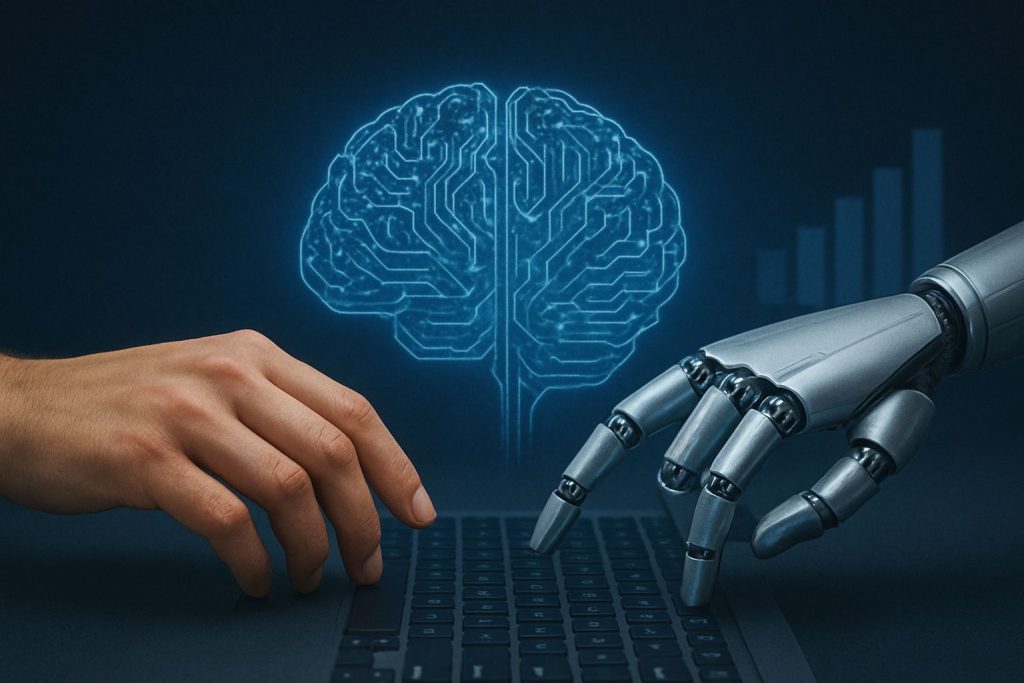From Hype to ROI: How Generative AI Is Reshaping Business Value in 2025
By Belinda Pinta
Publication15th October 2025 07:36 GMT

By Belinda Pinta
In 2025, generative AI has transitioned from a buzzword to a cornerstone of business strategy. According to McKinsey’s latest survey, 78% of organizations are now using generative AI in at least one business function, up from 55% just a year earlier .
1. From Hype to Tangible Returns
The initial excitement around generative AI has matured into measurable business outcomes. McKinsey reports that companies are now seeing meaningful cost reductions in HR functions, particularly in areas like talent acquisition, recruiting, and onboarding . Additionally, revenue increases of over 5% have been observed in supply chain and inventory management .
However, the journey hasn’t been without challenges. Despite widespread adoption, over 80% of companies still report no material contribution to earnings from their generative AI initiatives, highlighting the need for strategic implementation .
2. A “Human-Led, Tech-Powered” Workforce
Businesses are redefining job roles by integrating AI agents as digital “co-workers” to handle routine tasks. This shift allows human employees to focus on more complex, creative, and strategic activities. For instance, a major global software company employs a generative AI chatbot to provide employees with individualized learning recommendations based on skill gap assessments .
This approach not only enhances productivity but also fosters a culture of continuous learning and adaptability.
3. Pursuing Competitive Advantage
While off-the-shelf AI tools offer quick wins, forward-thinking companies are customizing or even developing their own models trained on proprietary data. McKinsey identifies three archetypes for implementing generative AI solutions:
•Takers: Utilize off-the-shelf, publicly available solutions.
•Shapers: Customize these tools with proprietary data and systems.
•Makers: Develop their own foundation models from scratch .
Companies in sectors like energy, materials, technology, and media are more likely to report significant customization or development of proprietary models to address specific business needs .
Conclusion
Generative AI is no longer a futuristic concept but a present-day reality driving business transformation. Organizations that strategically implement and customize AI solutions are poised to gain a sustainable competitive edge. As the technology continues to evolve, the next wave of innovation will likely come from those who not only adopt AI but also shape it to fit their unique business contexts
You May also like


By Rojina Bohora

